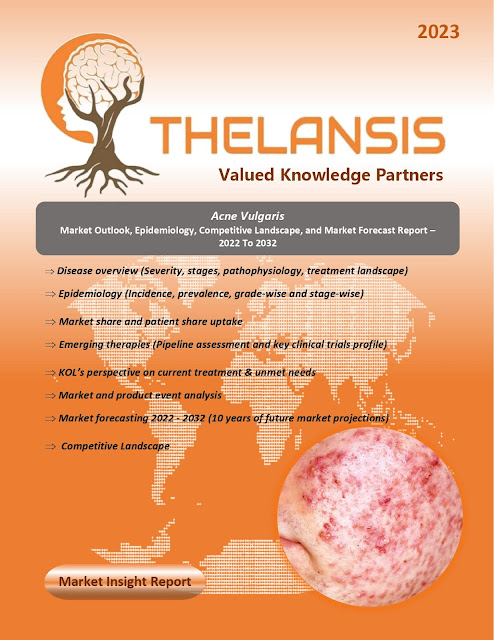Dengue Fever – Market Outlook, Epidemiology, Competitive Landscape, and Market Forecast Report – 2022 To 2032
Dengue virus infection is the most widespread arthropod-borne viral illness in humans. It is primarily transmitted by Aedes mosquitoes, including A. aegypti and A. albopictus, which become infected by biting a person with the virus in their bloodstream. Dengue fever typically becomes symptomatic after an incubation period of 4-10 days, with symptoms lasting 2-7 days. Many patients with dengue may not exhibit any symptoms, while others may experience chills, rash, erythematous mottling of the skin, and facial flushing for 2-3 days. Severe dengue fever occurs in less than 5% of cases, with most fatalities occurring in children and adolescents. Severe dengue, also known as Dengue hemorrhagic fever or Dengue shock syndrome, is characterized by increased vascular permeability, leading to hypovolemic shock and death. The Dengue virus has four serotypes (DEN-1, DEN-2, DEN-3, and DEN-4). The disease can progress to severe dengue fever, leading to damaged blood vessels and fluid leakage, decreased platelet count causing severe bleeding, sudden blood pressure drops, and systemic failure that may culminate in death.
- The global incidence of
dengue has grown dramatically, with about half of the world's population
at risk. Although an estimated 100-400 million infections occur yearly,
over 80% are generally mild and asymptomatic.
Thelansis’s “Dengue Fever Market
Outlook, Epidemiology, Competitive Landscape, and Market Forecast Report – 2022
To 2032" covers disease overview, epidemiology, drug utilization,
prescription share analysis, competitive landscape, clinical practice,
regulatory landscape, patient share, market uptake, market forecast, and key
market insights under the potential Dengue Fever treatment modalities options
for eight major markets (USA, Germany, France, Italy, Spain, UK, Japan, and
China).
KOLs insights
of Dengue Fever across 8 MM market from the centre of Excellence/ Public/
Private hospitals participated in the study. Insights around current treatment
landscape, epidemiology, clinical characteristics, future treatment paradigm,
and Unmet needs.
Dengue Fever Market Forecast Patient
Based Forecast Model (MS. Excel Based Automated Dashboard), which Data Inputs
with sourcing, Market Event, and Product Event, Country specific Forecast
Model, Market uptake and patient share uptake, Attribute Analysis, Analog
Analysis, Disease burden, and pricing scenario, Summary, and Insights.
Thelansis Competitive Intelligence (CI) practice
has been established based on a deep understanding of the pharma/biotech
business environment to provide an optimized support system to all levels of
the decision-making process. It enables business leaders in forward-thinking
and proactive decision-making. Thelansis supports scientific and commercial
teams in seamless CI support by creating an AI/ ML-based technology-driven
platform that manages the data flow from primary and secondary sources.




Comments
Post a Comment